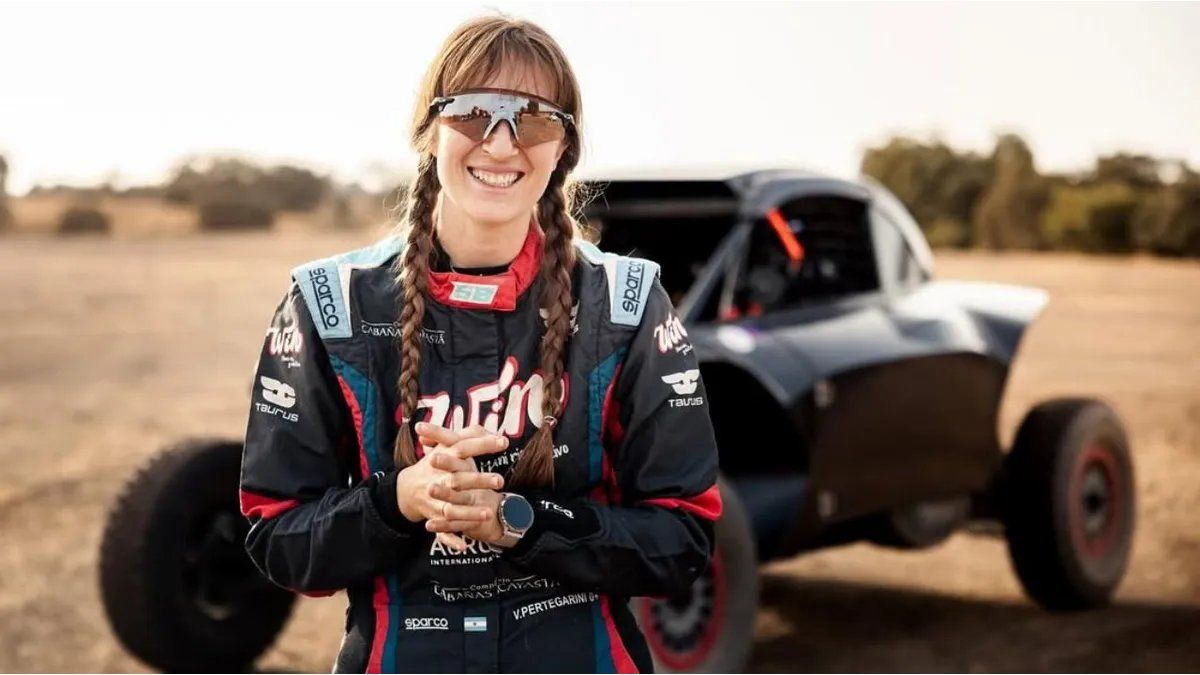VW has already agreed on a settlement with tens of thousands of customers in the diesel scandal without waiting for court decisions. However, cases are still being negotiated before the highest German civil court.
The Federal Court of Justice (BGH) has already negotiated a whole pile of cases relating to the VW diesel scandal.
But time and again the judges in Karlsruhe have to solve new and sometimes more specific questions. It is also not always the automaker Volkswagen itself that is the defendant. Like this Wednesday.
What is it about this time?
For the first time, the highest civil judges in Germany are dealing with lawsuits by diesel buyers against their car dealers. In all four cases, the plaintiffs want their several years old cars with the scandalous EA189 engine to be exchanged for a new car. They had bought the brand-new cars in 2009 and 2010, respectively – and then seven or eight years later they demanded and sued for the exchange. The key question here is whether you have to ask the dealer to refer you to the software update because replacing the vehicle would be disproportionate. VW itself is therefore not directly involved. A company spokesman put the number of cases affected at a mid-double-digit number.
What rights do customers have when buying a new car?
According to the ADAC, the car must be brand new, so it must not have any defects as a result of a long downtime. In addition, there should be no more than twelve months between the production of the car and the conclusion of the purchase contract. A defect exists, among other things, if the new vehicle lacks brochures or advertising. For example, customers would only have to accept design changes if they were “insignificant” and “reasonable”. In the first six months after purchase, the seller has to prove that the car was free of defects at the time of delivery. Thereafter, the buyer has the burden of proof. According to the Autoclub, he must ask the seller for so-called free supplementary performance. “The seller may only refuse the repair or replacement delivery if it is only possible with disproportionate costs.”
How did the lower courts decide?
Very different. The higher regional court (OLG) Cologne has twice confirmed the buyers right and their claim to the subsequent delivery of a new vehicle “because of the defective software in the vehicle” confirmed, as the BGH announced in advance. The Schleswig-Holstein Higher Regional Court and the Saarland Higher Regional Court decided otherwise and failed to meet the demands for the subsequent delivery of a defect-free new vehicle of the same type.
What are the arguments against a replacement?
The two courts in Saarbrücken and Schleswig stated, among other things, that a new vehicle was disproportionate. The cost of subsequent delivery, estimated at more than 10,000 euros, far exceeded the cost of rework of 100 euros, according to the Saarland case. The plaintiffs also had not sufficiently demonstrated that installing the update would lead to new defects in the vehicle.
What are the counter arguments?
The Cologne OLG assessed the point of disproportionality completely differently. This does not apply even if the approximately 70 percent higher purchase price for the successor model mentioned by the dealer is used, it said. On the one hand, the procurement effort for the dealer is reduced by the residual value of the original vehicle. And on the other hand, he could take recourse at VW. The Cologne court was also of the opinion that the plaintiff did not have to accept any (inexpensive) improvement by installing the update, because it was not certain that no consequential problems would arise.
Is a judgment already being pronounced?
That is unclear and depends on the course of the negotiation. You can’t say that in general. Sometimes the BGH judges announce their verdict on the same day, often weeks later.
How has the BGH decided so far?
No general statement can be made here either. In its first and most important judgment on the emissions scandal in May 2020, the BGH decided that VW had systematically deceived its customers: If they had known that cars with the EA189 engine emitted far more pollutants than could be measured on the test bench, they would have opted for one decided another vehicle. In the meantime, the BGH has clarified many detailed questions or is still negotiating them. Sometimes it’s about cases in which the defective car has already been sold, sometimes about special questions, for example about leasing cars or the statute of limitations. The BGH did not always decide in favor of the buyer.
Jane Stock is a technology author, who has written for 24 Hours World. She writes about the latest in technology news and trends, and is always on the lookout for new and innovative ways to improve his audience’s experience.




